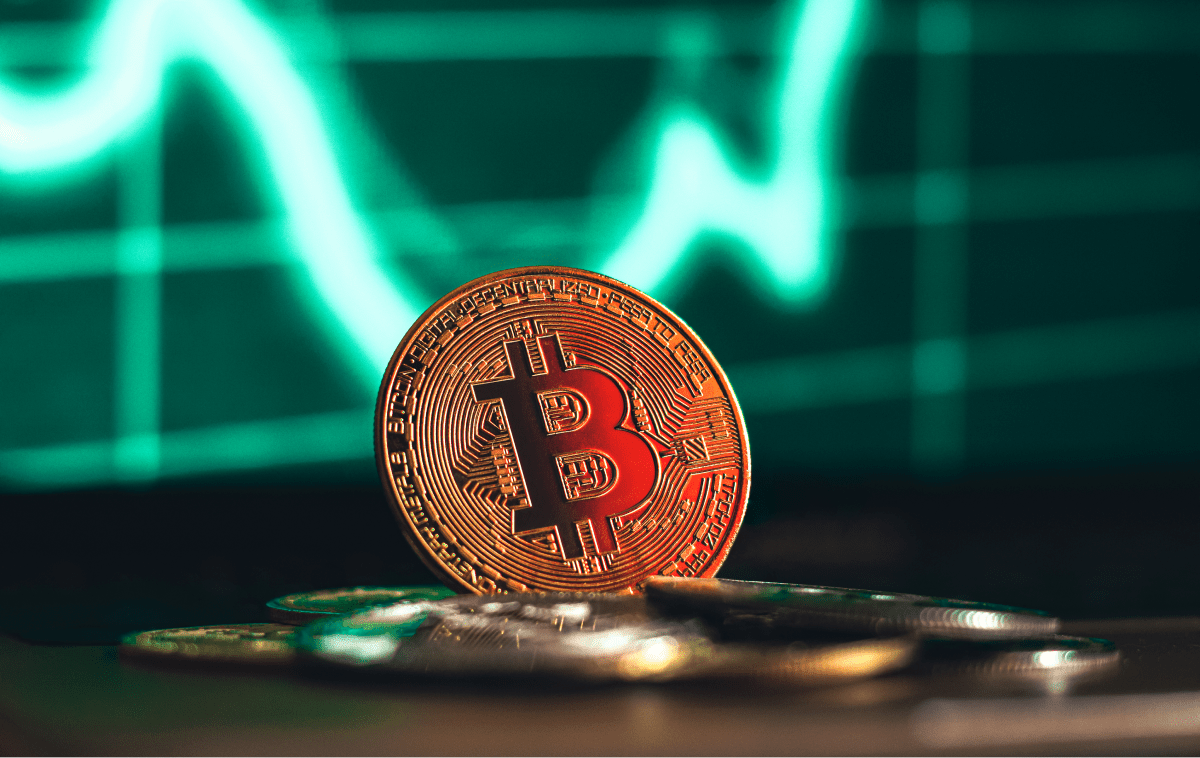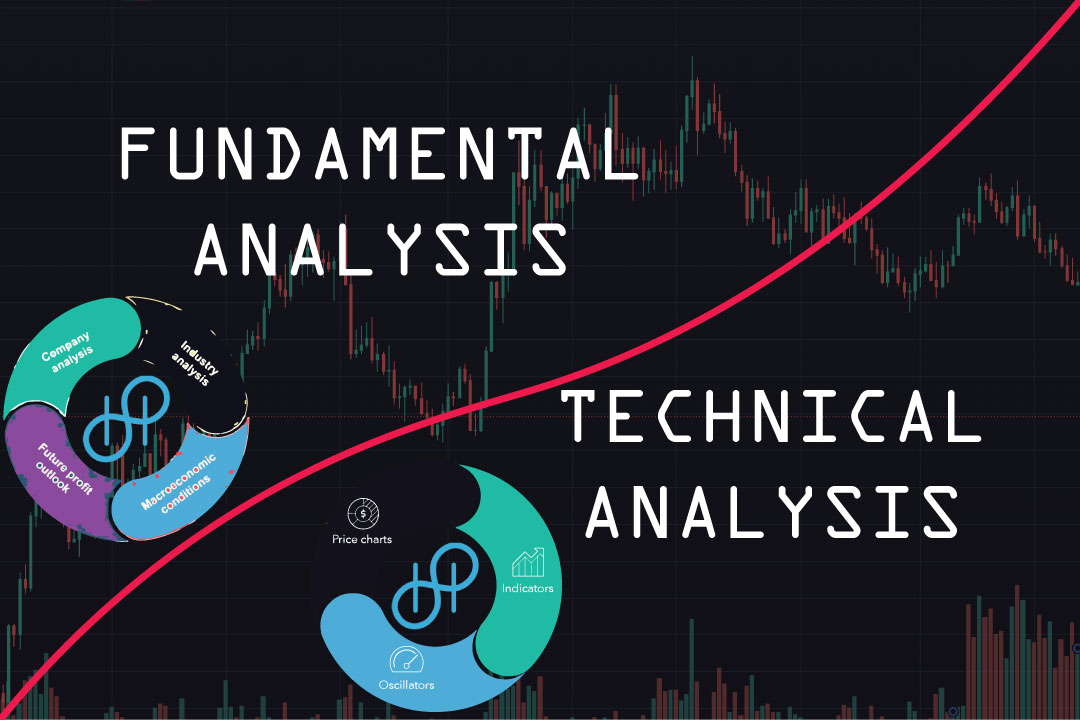The following memo is an internal letter that I shared with Coinbase employees just this week, and now I want to share it publicly so that people can see how we are working towards our mission to increase economic freedom in the world.
Our main thesis is that greater adoption and use of digital currencies will increase economic freedom in the world, as crypto overcomes many of the shortcomings of the current financial system that hinder economic freedom.
Every quarter at All Hands, we review our mission (what we’re trying to achieve) and our strategy (how we’re going to get there).
One of the questions I often hear from employees is, “How will digital currency create more economic freedom in the world?” This is a great question, and I wanted to share my thoughts with you all.
First, just to remind: economic freedom is a composite measure of 12 factors. Economic freedom measures the rights of individuals to control their work, effort, and property in any country and globally. Economic freedom varies greatly around the world, and while our economy is a global issue, each country’s government has considerable control over the financial and economic freedoms of its people. Poor economic freedom in a country is not always due to destructive activities (such as fraud, oppression, etc.) – it is often due to mismanagement (weak monetary and fiscal policies) or simply poor infrastructure.
How crypto enables economic freedom?
The question to ask is: How can we build a global economy in which anyone with an Internet connection can participate, property rights are enforced, and money retains its value? Crypto is the solution to this issue. Crypto cannot directly improve all aspects of economic freedom (for example, tax policies and government spending), but it can improve most of the underlying drivers.
Why can crypto be uniquely effective in increasing economic freedom? Because it has these inherent characteristics:
Crypto is an open, global network
Crypto networks are open and remove barriers related to borders. This feature allows everyone in the world to transact on a shared network in the same way they communicate on a shared network (the Internet). More importantly, these networks themselves are not controlled by governments and thus cannot use their monetary systems to prevent economic freedom (and prosperity). This principle in design leads to more open markets and increases trade freedom, investment freedom, financial freedom and monetary freedom.
Crypto enforces property rights
Property rights allow people to save their income, grow their wealth, and plan for the long term, knowing that the fruits of their labor are safe from unjust confiscation or theft. Before crypto, your trust in property rights was a function of your trust in your government and the government’s respect for the law. With crypto, anyone can earn and grow their wealth without the involvement of trusted third parties such as governments or banks, or without the fear of their wealth being easily confiscated. Property rights are about the ability to enter into consensual contracts. In some areas around the world, a contract has little value because you cannot be sure that it will be fulfilled. Smart contracts move the enforcement requirement from the courts to the blockchain and make it possible to benefit from privatization and commercial exchanges.
How Crypto Enables Economic Freedom: Crypto is neutral
Crypto networks are often nicknamed (or even anonymous). They don’t care where you live, what your race or gender is, or who you voted for in the last election. Unlike the current financial system, they are inherently open and neutral. Anyone connected to the internet can create a wallet, receive crypto money, spend it in cryptocurrencies, or make a fortune in cryptocurrencies. Service providers like Coinbase have programs in place to monitor contract performance when required by law, but they do not control access to all cryptos and do not own the network. If one provider makes the wrong decision or is forced to set incorrect regulations, anyone can access crypto networks through other providers. In addition, self-custodial wallets such as Coinbase’s wallet provide a greater degree of freedom when it comes to financial inclusion.
Crypto enables dynamism and changeability
As I mentioned above, there are important components of economic freedom that digital currency cannot do anything about directly (eg, government integrity, tax policies, fiscal health, etc.). However, digital currency provides the conditions for change by reducing transfer costs, allowing people to both accumulate wealth and not be bound by any boundaries. Digital currency is the ultimate manifestation of individual power by significantly reducing barriers to transfer or exit and thus increasing economic freedom.
Conclusion
As you can see, digital currency can influence many factors that lead to greater economic freedom. It can both help create better performing economies in countries with less economic freedom and make it easier to move towards a better life. This is why our main thesis as a company is that greater adoption and use of digital currencies will increase economic freedom in the world.
Technology is the main lever we can use to improve the human condition. Overall, digital currency is an important technological advance that allows us to build a freer and more open financial system that enables people to control their own work and assets. It is the best tool available to advance our mission to increase economic freedom in the world.
And how about Coinbase? Crypto is still in its infancy in many ways. It’s still hard to use, crypto networks face scalability challenges, and the economy built on top of crypto infrastructure is still in its early days and has a lot of room for improvement. Our strategy and roadmap is set to solve these challenges: we are focused on building easy-to-use products that remove the complexity of blockchains, and we are building the basics of an efficient financial system. We still have a long way to go, but we are very hopeful for the future.




